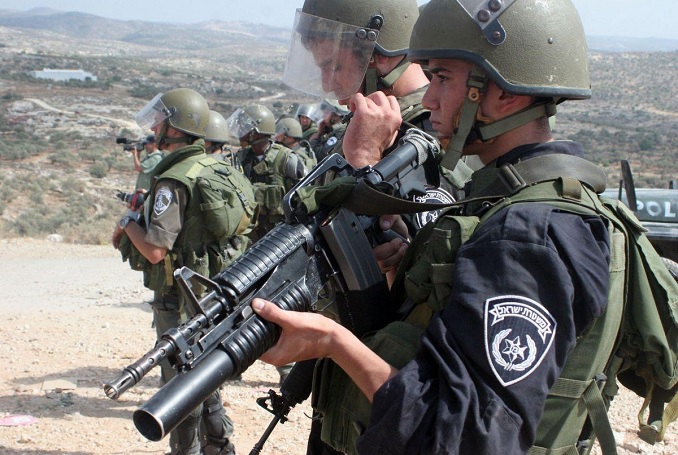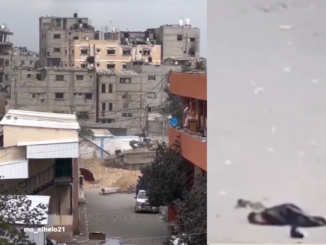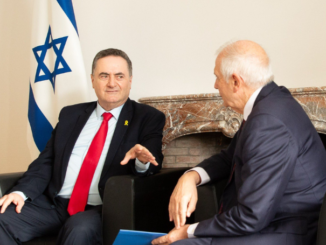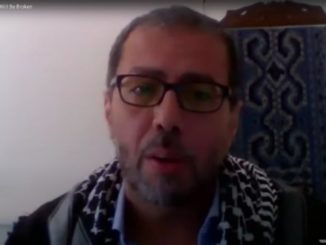
Hamas leader Ismail Radwan has revealed some of the details of the “positive” talks with Israel earlier this week, mediated by senior Egyptian officials.
In a press release, Redwan announced that the second phase of the ceasefire agreement includes expanding the fishing zone off Gaza’s coast from 14 to 20 nautical miles, allowing besieged Gazans to an additional high-voltage electricity line, referred to as Line 161, and allowing exports from the besieged enclave.
“The top Hamas leader discussed with the South African diplomat the latest developments regarding the efforts exerted to break the Israeli siege on Gaza and end the Palestinian people’s suffering in the impoverished enclave.” https://t.co/DJk1iKkANT
— Jenna Nand (@JothikaN) November 18, 2018
He added that reconstructing civilian houses and infrastructure and launching projects designed to provide job opportunities for Gaza’s population, which 45 percent of them are unemployed would be part of the second phase of the ceasefire negotiations with Israel.
On Friday, head of Hamas’ political bureau in Gaza urged that the group will do all it can to break the crippling siege on Gaza.
"Head of Hamas Political Bureau in Gaza Yahya al-Sinwar said on Friday that his movement 'will use every means to break the Israeli siege imposed on the Gaza Strip for more than 11 years'."https://t.co/0jp5qSfPP5 pic.twitter.com/y8pcShLQbq
— Ben White (@benabyad) November 17, 2018
Yahya Sinwar said:
“We do not bargain our rights with our food. We decided to break the Israeli siege imposed on Gaza through international brokers, the peaceful protests or any other means.”
He added:
“We will use every means to break the Israeli siege imposed on the Gaza Strip for more than 11 years.”
Hamas: #Gaza peaceful protests will break the siege – https://t.co/0wDmAjOMCz via @palinfoen #Palestine pic.twitter.com/na3PH828In
— al whit (@soitiz) November 16, 2018
Gaza has been under siege for 11 years, creating a major human catastrophe in the enclave.
In 2007, Israel imposed a land, sea and air blockade on the strip, effectively turning the coastal enclave into an open-air prison, where basic necessities such as food, fuel, and medicines are severely controlled.
Critics say the blockade amounts to collective punishment of the coastal enclave’s two million residents. The UN says Gaza will be uninhabitable by 2020, but human rights organizations say Gaza has reached inhabitability now.
(Al-Araby Al-Jadeed, PC, Social Media)








